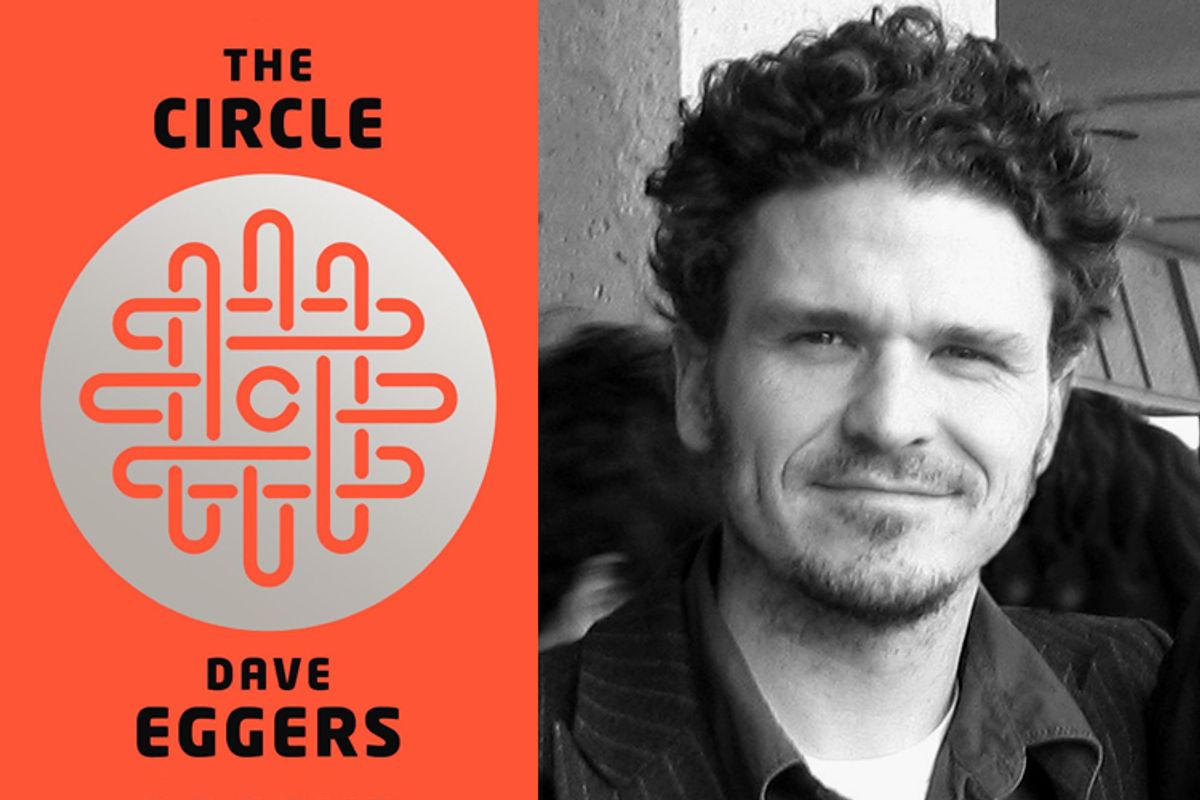If you follow the news these days, it’s hard not to feel a bit of a chill. The most successful retailer in the United States treats its employees – whether the worker-bees in far-flung warehouses or Ivy League software engineers at a fancy Seattle campus – in ways we used to consider inhumane.
A piece of management software used by the retailer in question – Amazon, of course – with the bland name Anytime Feedback Tool allows employees to almost silently push each other off the island. (Variations of this “tool” are expected to spread to other companies soon.)
And Wednesday’s New York Times includes a story –“The 24-Hour Timecard” -- that shows the authoritarian culture of the Silicon Valley workplace is stretching into the rest of the world, as software keeps an eye on employees almost literally all the time.
Myrna Arias, a Southern California saleswoman for Intermex, a money-transfer company based in Miami, was required to download an app on her cellphone that tracked her whereabouts 24 hours a day, she claims in a lawsuit now pending in federal court. Ms. Arias’s suit quotes her manager as saying, perhaps jokingly, that he knew how fast she was driving at all times.
It reminds us that Dave Eggers’ tech-corporate tale “The Circle,” which got mixed reviews when it came out in 2013, is now revealed as one of the most perceptive and prescient books of the new century. And now that the casting of the upcoming James Ponsoldt film adaptation is starting to be announced, my hopes are high that this movie could spread the book’s criticism of tech-corporation cult behavior far and wide.
Ponsoldt is the director of the David Foster Wallace film “The End of the Tour.” On Wednesday, actor John Boyega (“Star Wars: The Force Awakens”) announced that he will be part of the project -- he'll play a company founder named Ty -- which also includes Emma Watson and Tom Hanks. This could be really good.
“The Circle” tells the tale of a Silicon Valley company that inhabits a sunny and lush campus, complete with gourmet food and groovy parties. Its motto: “ALL THAT HAPPENS MUST BE KNOWN.”
The novel’s main character Mae Holland, a competitive and not-terribly-secure young Everywoman (to be played by Watson) who wanders into the company, gets turned on by the hyper-social, collaborative, privacy-free environment…. and begins to find her soul being destroyed. Her workday is a lot like living inside a totalitarian version of Facebook: She’s got to click and like (offering “smiles”) around the clock, and when she falls behind, she’s politely scolded by her minders. It’s a high-tech version of the high-school popularity contest taken to a Stepford pitch.
One of the company’s founding Three Wise Men speaks in terms that find the common ground between Facebook’s Mark Zuckerberg and Scientology’s L. Ron Hubbard: “We can cure any disease, end hunger, everything, because we won’t be dragged down by all our weaknesses, our petty secrets, our hoarding of information and knowledge. We will finally reach our full potential.”
“The Circle,” like any novel on its way to a film adaptation, has a pretty lively plot. (The story line, for the most part, works best earlier in the novel; it gets a bit overblown later on.) But it’s also – as Margaret Atwood called it in the New York Review of Books – a novel of ideas:
Ideas about the social construction and deconstruction of privacy, and about the increasing corporate ownership of privacy, and about the effects such ownership may have on the nature of Western democracy.
The novel has also got one of the greatest ever fictional scenes about the role of artists in the digital age, when Mae and her friend, while touring the campus, pass a musician performing to an indifferent crowd.
But what makes the novel seem so pressing, two years later – and so ripe for adaptation and the broader audience that will bring – is the way it looks at a world where pleasure, communalism and the promise of connection lead us to surrender any side of ourselves that is not fully outgoing and public. In “The Circle,” as in the world that Silicon Valley is moving us toward, a whole set of euphemisms and incentives prepare us for a world that is entirely conformist -- where we are never offstage, and the line between our work lives and personal lives is nonexistent. Another great critic of technology had a term for it: This is what Neil Postman called amusing ourselves to death.



Shares